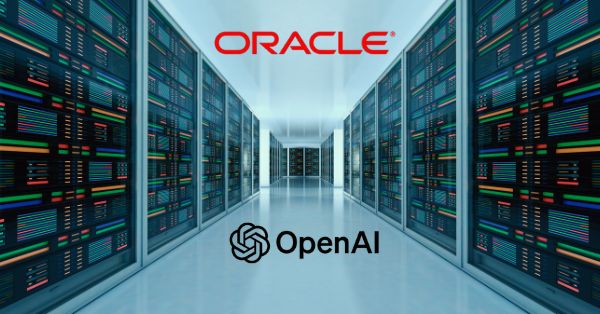NTT DATA, a Japan-based leader in digital business and IT services, has introduced its next-generation Smart AI Agent™ for international markets. This AI-driven automation tool is designed to streamline business operations, enhance workforce efficiency, and accelerate the adoption of Generative AI solutions. By 2027, NTT DATA aims to generate $2 billion in revenue from Smart AI Agent™-related services.
“The Smart AI Agent™ is built to simplify AI adoption, helping businesses quickly evaluate and deploy generative AI applications,” said Yutaka Sasaki, President and CEO of NTT DATA. “Our goal is to improve operational efficiency while addressing global workforce challenges.”
Smart AI Agent™: A New Era of AI-Powered Workflows
At its core, Smart AI Agent™ autonomously extracts, organizes, and executes tasks based on user instructions, reducing manual workloads and optimizing processes. By acting as a digital assistant, it complements human employees and enables businesses to focus on higher-value tasks.
The Smart AI agent will first be rolled out in the U.S., China, and several European countries, with plans for a broader global expansion.
AI in Action: Smart AI Agent™ Use Cases in Finance, Auto & Manufacturing
NTT DATA highlights that Smart AI Agent™ is already making a significant impact in key sectors:
- Automotive – Improving DevOps data analysis efficiency to enhance vehicle software development and maintenance.
- Banking & Finance – Automating regulatory reporting to streamline compliance processes and reduce human error.
- Manufacturing & Energy – Enhancing marketing cycles and operational decision-making through AI-driven insights.
These industry applications showcase how AI-driven automation can unlock new efficiencies while enabling businesses to rapidly scale AI adoption.
Smart AI Agent™ Features: From Task Automation to AI-Driven Insights
The Smart AI Agent™ integrates advanced AI functionalities to enhance workflow automation, data processing, and user interaction:
1. Task Planning and Execution
Automates complex workflows by breaking down tasks into structured processes, ensuring faster and more accurate execution.
2. Multi-Agent Collaboration
Multiple AI agents can work together to execute workflows, increasing efficiency and adaptability in business operations.
3. Advanced Retrieval-Augmented Generation (RAG)
Provides context-aware searches within internal corporate databases, delivering more precise and relevant AI-generated insights.
4. Agent Ops for Operational Optimization
Analyzes and validates business documents, improving data accuracy and operational efficiency in key workflows.
5. User-in-the-Loop (UITL) for Continuous Learning (Coming March 2025)
Allows users to provide real-time feedback, enabling Smart AI Agent™ to self-optimize workflows for better performance over time.
AI & Workforce Productivity: Solving the Talent Shortage with Automation
A major challenge for businesses worldwide is the growing talent shortage. NTT DATA positions its Smart AI Agent™ as a solution to this issue by automating repetitive tasks, freeing up employees to focus on more strategic, high-value activities. By complementing human expertise rather than replacing it, the AI agent enhances workforce productivity and business agility.
Smart AI Agent™: Secure, Scalable AI for Enterprise Growth
Recognizing that enterprises have different security and compliance needs, NTT DATA provides Smart AI Agent™ with both public and private cloud deployment options. This ensures businesses can integrate AI-driven automation while maintaining data confidentiality and regulatory compliance.
NTT DATA’s AI Strategy: Scaling Smart AI Agent™ for Global Markets
As Generative AI continues to reshape industries, NTT DATA is committed to helping businesses seamlessly adopt AI-driven automation. With its Smart AI Agent™, companies can enhance operational efficiency, optimize workflows, and address talent shortages, all while positioning themselves for future growth in the AI era.
The global rollout of Smart AI Agent™ marks a major step in NTT DATA’s AI strategy, reinforcing its position as a leader in enterprise AI adoption and automation solutions.































